In December 2022, the UK government approved a 2.78 million tonne a year coking coal mine proposed for Whitehaven, Cumbria. South Lakes Action on Climate Change (SLACC) has started proceedings for a Statutory Review of this decision. At the same time, Friends of the Earth have also filed a legal challenge. This article looks at the grounds for these legal challenges.
While there are at least 11 arguments why the decision is wrong, only the process behind arriving at the decision can be challenged at a Statutory Review, rather than the decision itself.
Below are the 4 grounds that Richard Buxton Solicitors is challenging on behalf of SLACC, followed be the 4 grounds of Friends of the Earth’s case. A public inquiry was held in 2021, run by a Planning Inspector. After it finished, the Planning Inspector wrote up his recommendation to the UK Government in his report. The Secretary of State based his decision to approve the Whitehaven coal mine on this Inspector’s Report.

Ground 1 – error of law and/ or failure to give understandable reasons concerning substitution.
The Inspector’s report assumes there will be “some degree of substitution” between coal mined abroad, likely from the USA, and coal from Whitehaven. Unless the substitution would be 100%, as in exactly the same amount of coal extracted from Cumbria would be left underground in a permitted mine elsewhere, the mine would still result in increased global emissions. Substitution won't be anywhere near 100%, as the owners of mines elsewhere will simply sell the coal to different steelworks. The Secretary of State decided on an “overall neutral effect on climate change”, despite the increase in emissions.
Ground 2 – error of law in discounting the international impacts of allowing this mine.
Sir Robert Watson, former chair of the Intergovernmental Panel on Climate Change, gave evidence that many other countries will follow suit and approve fossil fuel projects as a result of this decision. A rare letter from Lord Deben from the Climate Change Committee concurred, the decision “gives a negative impression of the UK’s climate priorities in the year of COP26.”
The UK’s international climate reputation was a key reason that the government called in the decision, rather than allowing Cumbria County Council to make it. The Inspector’s report completely fails to deal with both sets of evidence related to this central controversial issue.
Ground 3 – errors of law concerning whether ‘downstream emissions’ caused by the coking coal were indirect significant environment effects of the proposal.
The Inspector concluded that downstream emissions - those resulting in the use of the coking coal, rather than its extraction - “cannot reasonably be regarded as indirect significant effects of the proposed development.” This is incorrect understanding of the law because of the above substitution error – as other coal will not be 100% substituted for mining reduction elsewhere, but also a misunderstanding of the implications of a cited court case (Finch). Without this coal being mined, it wouldn’t be burnt and so there would be significantly fewer downstream emissions.
Ground 4 – unlawful disparity of treatment of the parties and error concerning the approach to the burden of proof.
The Inspector applied different standards to the parties throughout the inquiry. The National Planning Policy Framework (NPPF), paragraph 217, imposes a high threshold of evidence as to the benefits of a coal mine on the applicant rather than those opposing it. The Inspector seemed to do the opposite, imposing a higher threshold upon testimonies against the coal mine development. This might have influenced how the Government later interpreted the testimonies through the Inspector's report.

Ground 1: Approach to considering the effect of the development on the UK’s Sixth Carbon Budget.
The impact of the mine on the UK’s Sixth Carbon Budget, which covers the years 2033 to 2037, was a key issue in the Public Inquiry.
The mining company had entered a legal agreement requiring it to buy international carbon offset credits to offset residual emissions from the mine. In the decision letter the Secretary of State concluded that this requirement meant the mine would be net-zero for the purposes of the Sixth Carbon Budget. That conclusion was wrong and unlawful. Such offset credits do not count towards the UK’s carbon budgets.
Ground 2: Approach to considering the international impacts of the decision.
Similar to SLACC’s Ground 2 reasoning.
Ground 3: Approach to ‘substitution’ of WCM coal and the global coal market.
Similar to SLACC’s Ground 1 reasoning.
Ground 4: Earlier court case (Finch) and downstream emissions.
The Secretary of State’s reasoning closely follows the judgment of the Court of Appeal in the case of R (Finch) v Surrey County Council, both in terms of whether downstream emissions should have been the subject of environmental assessment, and in terms of the case-by-case assessment of their materiality. It is argued that this is a misinterpretation of the judgement, similar to SLACC’s Ground 3.
As both legal challenges base one of their grounds on the R (Finch) v Surrey County Council court case, and which is subject to a Supreme Court decision going to court in June, it is expected that the challenges against the coal mine will be delayed until after the R (Finch) v Surrey County Council court case is heard. Once a single day hearing has happened, a decision will be given as to whether or not the government has to remake the decision on the Whitehaven case.
The full documents can be read on SLACC’s website https://slacc.org.uk/cumbria-coal-mine/
More details on the challenge by Friends of the Earth are available at https://friendsoftheearth.uk/climate/legal-challenge-filed-over-cumbrian-coal-mine
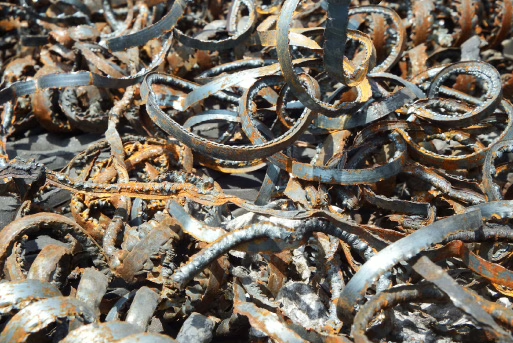
The direct use of coal as a feedstock (not just energy) is particularly significant in China, where coal is used extensively in coal to gasification plants to produce chemicals such as methanol, ammonia, and…

This nature was photographed around 50 metres from the edge of the Glan Lash opencast coal mine in Ammanford, South Wales. It shows the thriving ecosystems surrounding the Glan Lash opencast coal mine which has remained dormant since 2019…
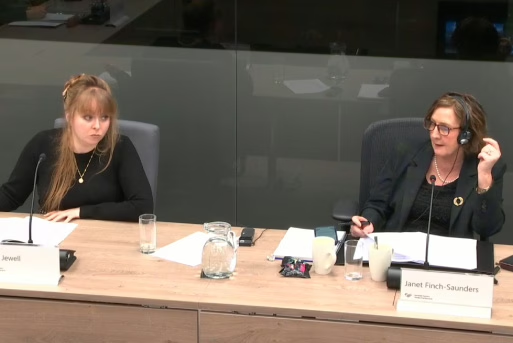
In February, CAN gave oral testimony to the Climate Change, Energy, and Infrastructure Committee (CCEIC) on the Disused Mine and Quarry Tips (Wales) Bill…
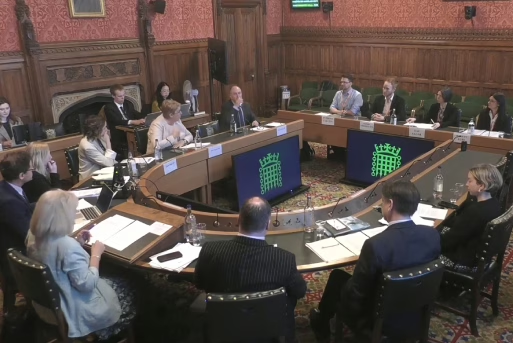
Coal Action Network was invited to attend Westminster where we gave evidence to the Welsh Affairs Committee in their inquiry about the environmental and economic legacy of Wales’ industrial past, alongside Friends of the Earth Cymru. This inquiry was opened in…
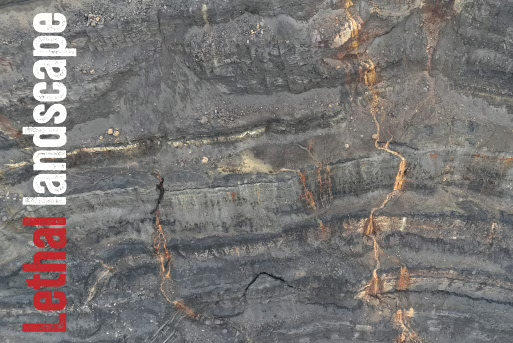
16 years of opencast coal mining in Ffos-y-fran has generated colossal overburden mounds, also known as slag heaps or coal tips. There are three coal tips, with the third being the largest, and cumulatively accounting for 37 million cubic metres of colliery spoil, rocks, and soil…
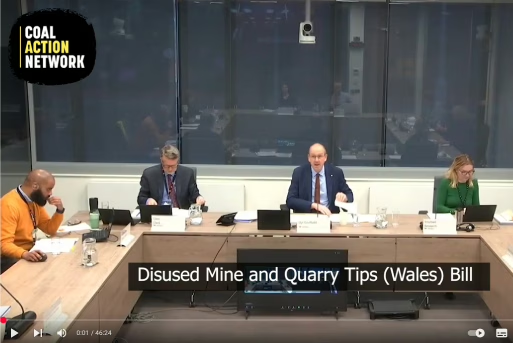
We were invited for the second time to give oral evidence to the Climate Change, Environment, and Infrastructure Committee of the Welsh Parliament (Senedd) on 05th February 2025. We shared the panel with Haf, Director of FOE Cymru, to provide our opinion on the weaknesses, strengths…
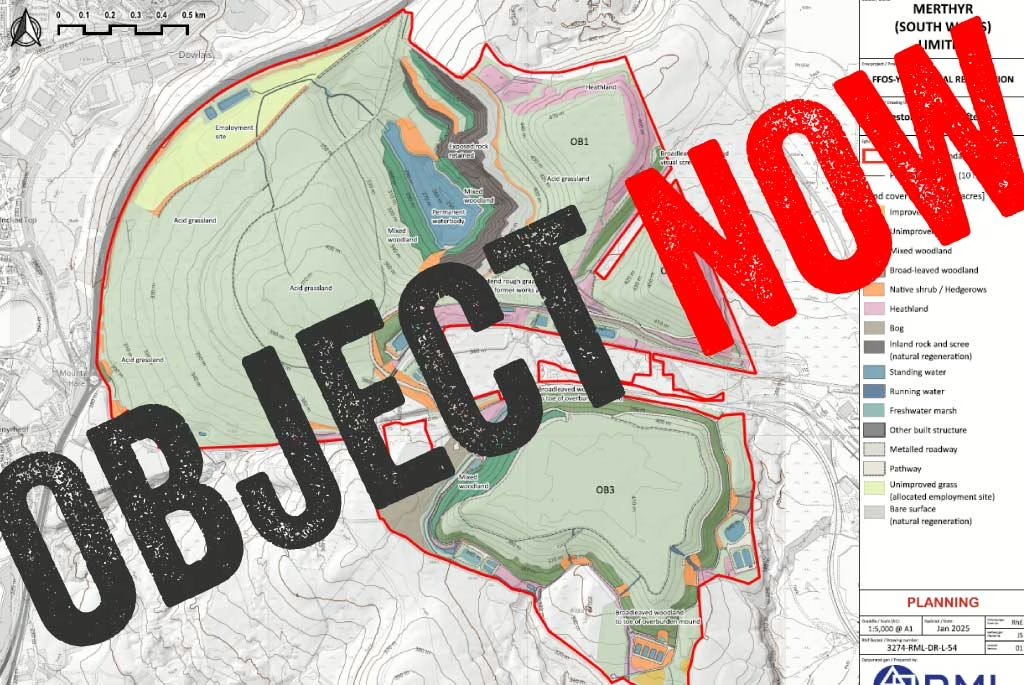
Merthyr (South Wales) Ltd mined for over a year illegally after planning permission for the Ffos-y-fran opencast coal mine ended in September 2022. During that year, it made record-breaking profits due to sanctions on Russia and other factors driving up the price of coal. But rather than using some of the profits from that ill-gotten coal…

MSW claims “It was established that there are insufficient funds available to achieve the 2015 restoration strategy and therefore an alternative scheme is required.” (EIA Scoping Report, July 2024)… To our knowledge, there has been no evidence submitted by MSW that it cannot fund the full restoration it is contracted to undertake…
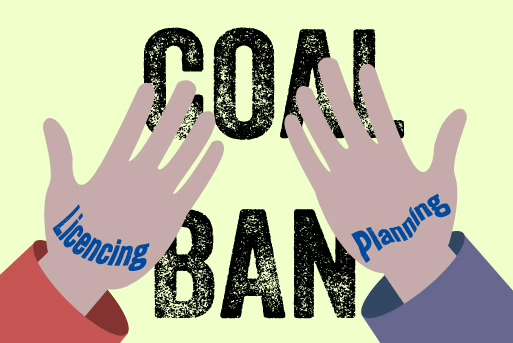
The UK Government launched a consultation on a limited review of the National Planning Policy Framework (NPPF) for 8 weeks from 30 July to 24 September 2024. The NPPF is an influential document that shapes planning decisions and priorities across England. It is periodically updated by the Government, following a public consultation…